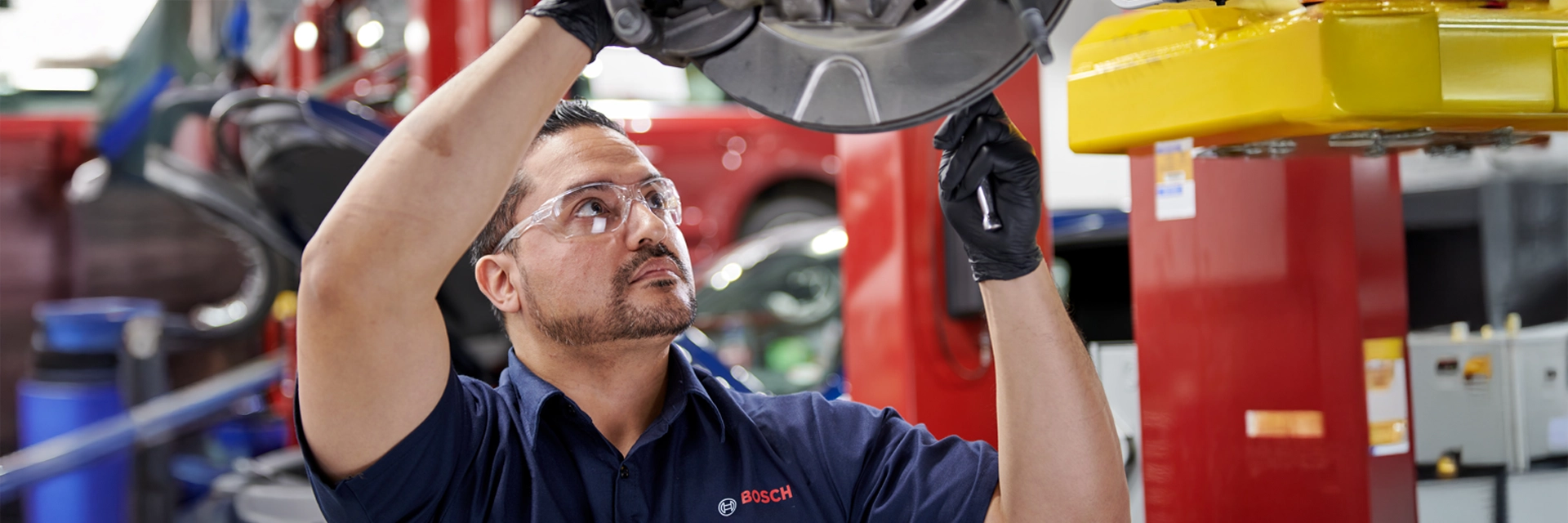EV Maintenance Basics Every Electric Vehicle Owner Should Know
Do Electric Vehicles (EVs) Need Maintenance?
The answer is yes—just not in the same way as gas-powered cars. EVs have fewer moving parts and no oil changes, but they still need regular attention to the battery, tires, brakes, cooling systems and suspension. Staying on top of these items ensures maximum range, performance, and longevity.
Due to the weight of the battery, EVs require more frequent maintenance for their tires and suspension. Also, their electrical systems are more complex creating a need for high voltage maintenance and electrical systems checks. In this blog about the maintenance of EVs we will go over common questions and tips on how you can ensure your electric vehicle runs effectively.
1. How do I make my EV battery last longer?
The key is to keep your state of charge between 20% and 80% for daily driving and avoid frequent deep discharges. Use DC fast charging only when needed, as excessive high-voltage charging can speed up battery wear. Parking in moderate temperatures and using pre-conditioning features also helps preserve battery health.
Battery maintenance tips:
- Keep charge between 20–80% for daily use
- Limit DC fast charging to long trips
- Pre-condition battery before charging in extreme temps
- Park in shaded or climate-controlled areas when possible
2. Do EV Brakes Require Less Maintenance?
Regenerative braking is a system that helps electric cars slow down and save energy by reversing the motor when braking. This slows the wheels, converts motion into electricity, and reduces wear on brake pads and rotors. However, EV brakes still require inspection because rust and corrosion can build up when brakes aren’t used heavily. Annual brake checks ensure components stay in good condition and operate safely in emergencies.
Brake care tips for EVs:
- Schedule yearly brake inspections
- Clean and lubricate calipers to prevent sticking
- Replace brake fluid as recommended by the manufacturer
- Test emergency braking function regularly
3. Do EVs wear out tires faster?
The answer is often yes due to the extra weight of the battery pack and instant torque delivery. This makes regular tire rotations and pressure checks essential to prevent uneven wear and maintain efficiency.
Tire care tips for EVs:
- Rotate tires every 5,000–7,000 miles
- Check tire pressure monthly (or more in cold weather)
- Use tires rated for EV load and performance requirements
- Maintain proper alignment to maximize tire life
4. Do Electric Vehicle (EV) Cooling Systems Require More Maintenance?
Electric vehicle cooling systems generally do not require more maintenance than traditional internal combustion engine (ICE) cooling systems, but they do require regular and specific attention to ensure the battery and motor operate efficiently and safely.
Most modern EVs use liquid cooling systems to regulate the temperature of critical components such as the battery pack, electric motor, and power electronics. Proper temperature control helps maintain optimal performance and extends the lifespan of these components.
Cooling system maintenance tips:
- Check coolant level during routine service visits
- Replace coolant according to manufacturer schedule
- Inspect hoses for leaks or cracks
- Never open coolant reservoirs when the system is hot
5. Do Cabin Air Filters Effect EV Performance?
Clean filters maintain air quality and help your HVAC system work efficiently. This is especially important in EVs, where climate control can significantly impact driving range. If the cabin air filters in your EV are dirty or damaged, the HVAC system must work harder, which increases energy consumption and draws additional power from the battery. This makes regular inspection and timely replacement of cabin air filters—especially in electric vehicles—an essential practice for maintaining optimal driving range and overall performance.
HVAC care tips:
- Replace cabin air filter every 12–15 months
- Keep HVAC system clean to maintain efficiency
- Use pre-conditioning to warm or cool the cabin before driving
- Avoid excessive use of climate control when range is critical
Electric vehicles may require less maintenance than traditional vehicles but neglecting their unique needs can still lead to costly repairs. By following these EV maintenance basics and adhering to your specific vehicle manual, you’ll protect your investment, keep your car running at peak performance, and enjoy maximum driving range.


